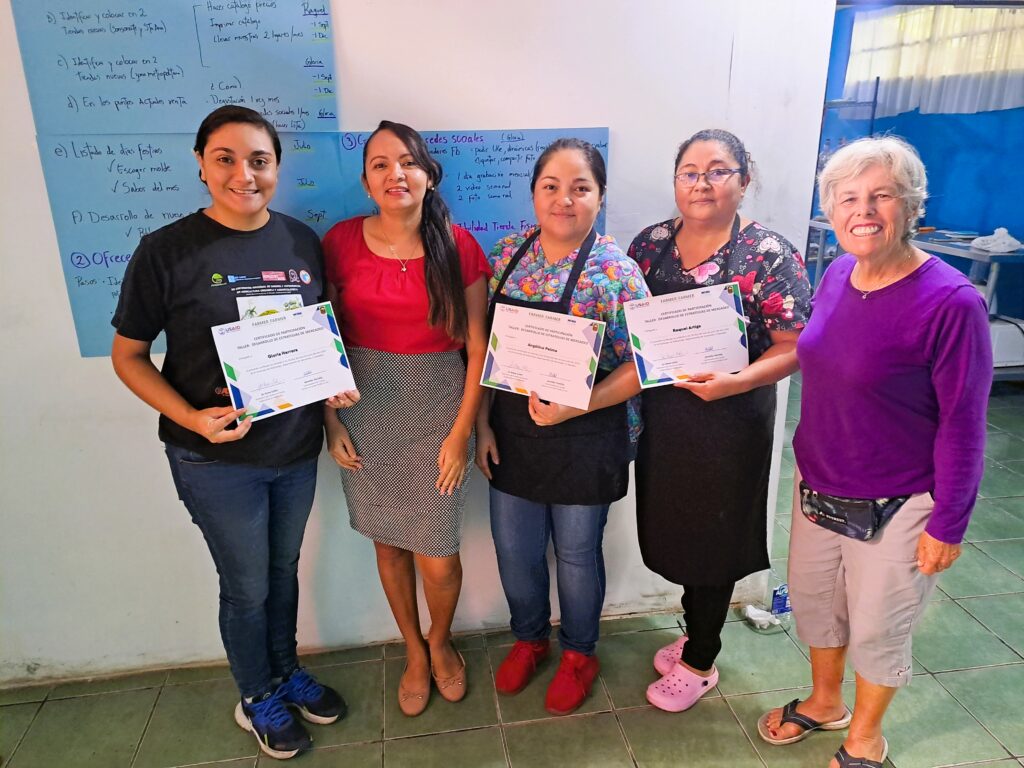SAN SALVADOR, August 1, 2024: Once troubled by widespread violence and high homicide rates, El Salvador has made notable strides in combating its crime rates. Under the leadership of President Nayib Bukele, the country has implemented a series of reforms and initiatives aimed at restoring security and stability.
With a more stable environment, the country is experiencing a resurgence in its cacao industry, driven by government programmes that have encouraged farmers to diversify their crops, recognising cacao as a valuable alternative to traditional exports. This dual approach, strengthening security measures while promoting agricultural diversification, underscores El Salvador’s commitment to sustainable development and improved quality of life for its citizens.
Few understand this resurgence better than the Asociación Cooperativa de Producción Agropecuaria Cacao Los Izalcos R.L. [ACPACI]. The association of 25 cocoa producers came together in 2009 and transitioned into a fully-fledged cooperative in 2013. Since then, ACPACI has gained brand recognition as Noya Chocolates. ACPACI has solidified its position as a leading cooperative in cacao production and processing. Their diverse product range includes washed cacao, fermented cacao, pure cacao tablets, cacao powder, nibs, and a variety of chocolates including dark, milk and white chocolates.
Still, the three women leaders of ACPACI, Gloria Herrera, Raquel Artiga and Angelica Palma, understand that to be competitive in international markets and fully benefit from the economic potential of the cacao industry in El Salvador, they need to market themselves better and showcase their high-quality cacao.
As a participating host organization with NCBA CLUSA’s U.S. Agency for International Development [USAID]-funded Farmer-to-Farmer programme, ACPACI welcomed U.S. volunteer Jo Anne Cohn to El Salvador in June 2024 to help them develop a sales and marketing strategy.
The assignment focused on training staff in marketing and crafting a robust marketing plan to push the business forward. At the heart of this was the objective of increasing chocolate sales, a vision shared among the members of the cooperative.
Early on, Jo Anne recognised that the cooperative lacked proactive marketing strategies, relying heavily on sporadic sales from Gloria’s network and social media outreach via Facebook and Instagram. The marketing training centered around the 4 Ps of Marketing [product, price, place and promotion].
Jo Anne explained to the members that to improve profitability, they first needed to better understand market dynamics, something they were interested in, she said. “They were great participants in the class and eager to learn,” Jo Anne said.
Empowered by this newfound knowledge, the members developed a comprehensive marketing plan aimed at increasing chocolate sales and expanding their business ventures. Rather than outsourcing to external PR firms, a strategy that had yielded limited success in the past, ACPACI chose to leverage its internal expertise.
This assignment has equipped the ACPACI members with essential skills and tools to boost their sales. ACPACI members left the training feeling eager and committed. Two of their top priorities include increasing their Facebook followers from 7.8K to 8.8kK, and increasing sales by 10 percent through regular promotions of their top three best-selling products on social media.
As El Salvador strengthens its foothold in the cacao industry, the sector’s growth promises a viable path to economic diversification and sustainable development. Volunteers like Jo Anne help pave the way. With more assignments like this one in the future, the Farmer-to-Farmer programme will continue to empower Salvadoran coops to deepen their expertise in cacao cultivation, refine their marketing strategies, and expand their markets.
Volunteers should feel confident in deciding to travel to El Salvador. “I spent two weeks in El Salvador and felt very safe,” Jo Anne said, reflecting on her assignment. “I know that previously El Salvador had the reputation of being unsafe, but that was not my experience. It’s a great country and I look forward to returning.”
Her positive experience highlights El Salvador’s vibrant and welcoming culture and NCBA CLUSA looks forward to sending more volunteers to El Salvador to work with cooperatives like ACPACI.
Buy your copy of theCooperator magazine from one of our countrywide vending points or an e-copy on emag.thecooperator.news
